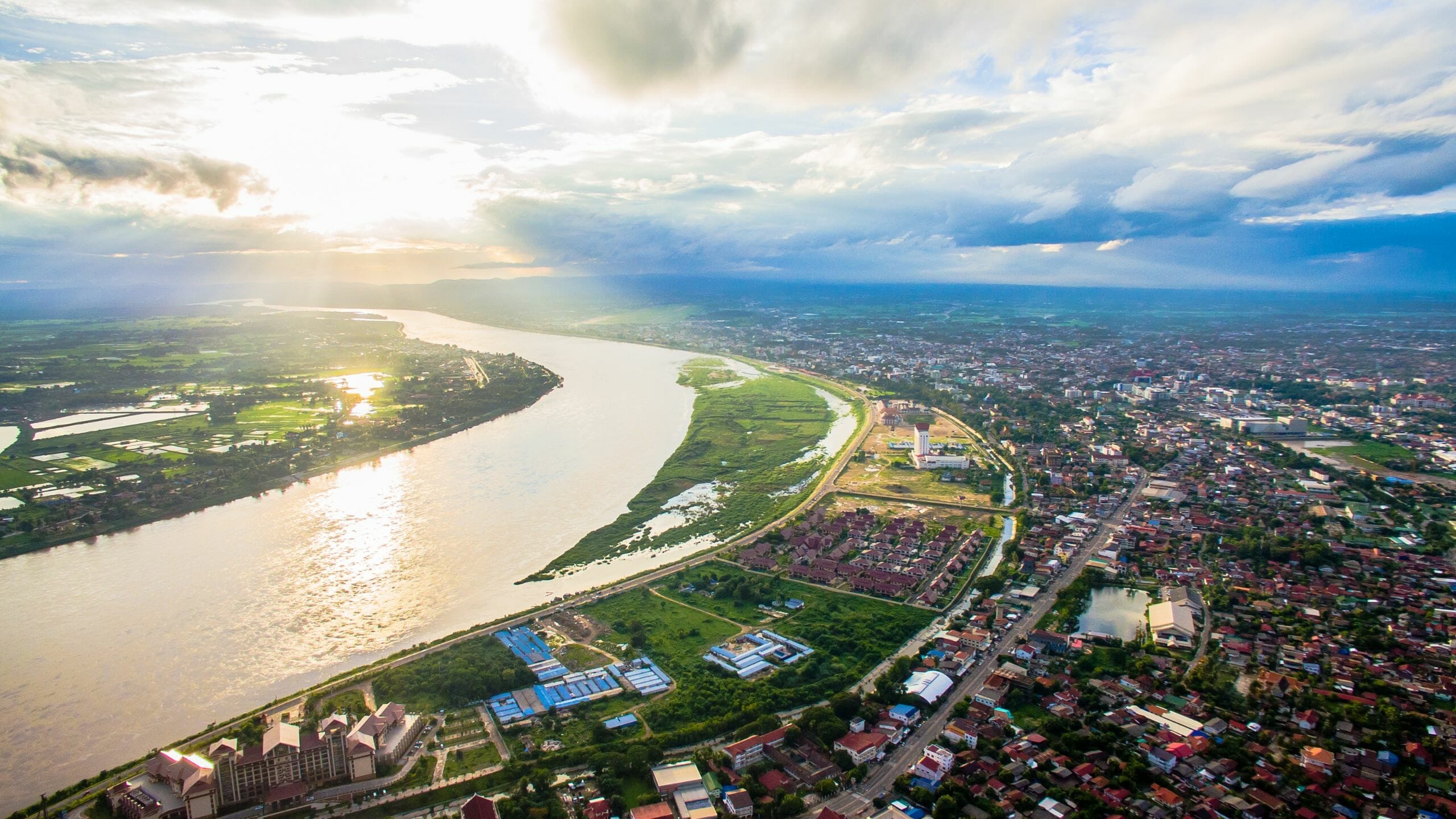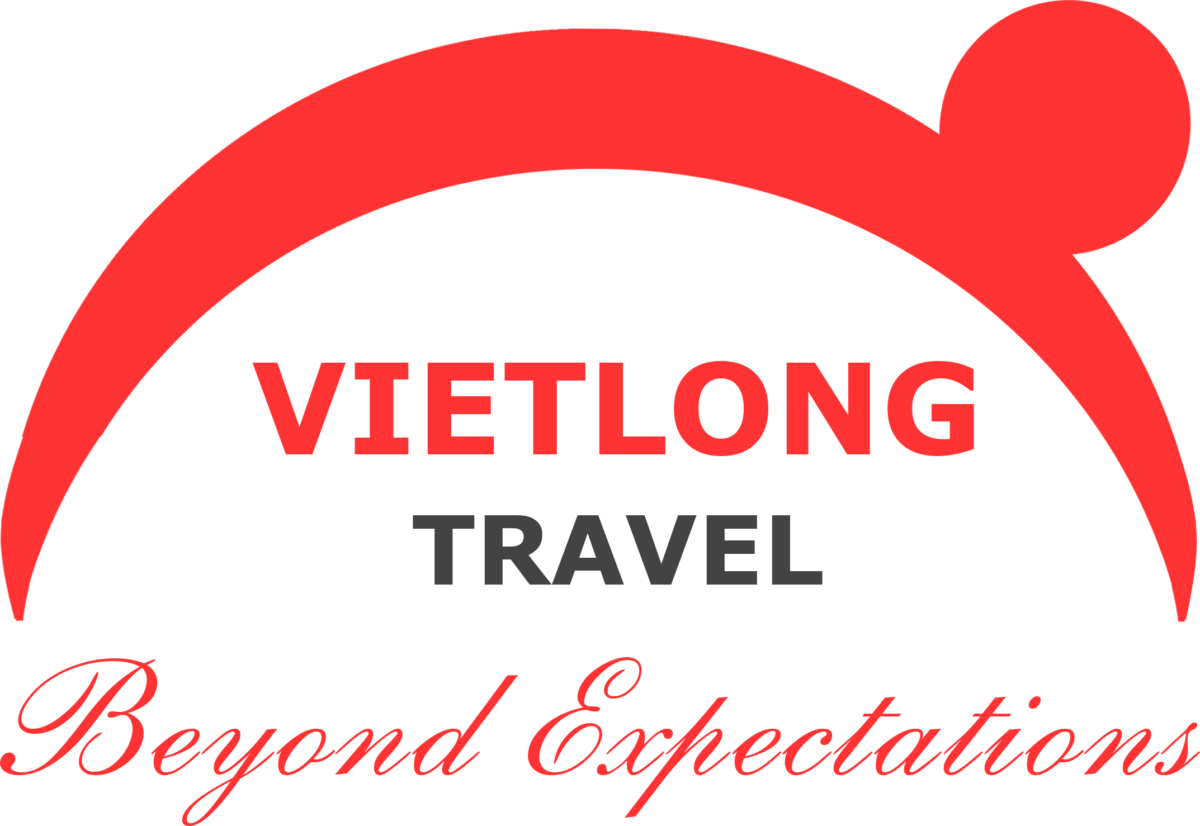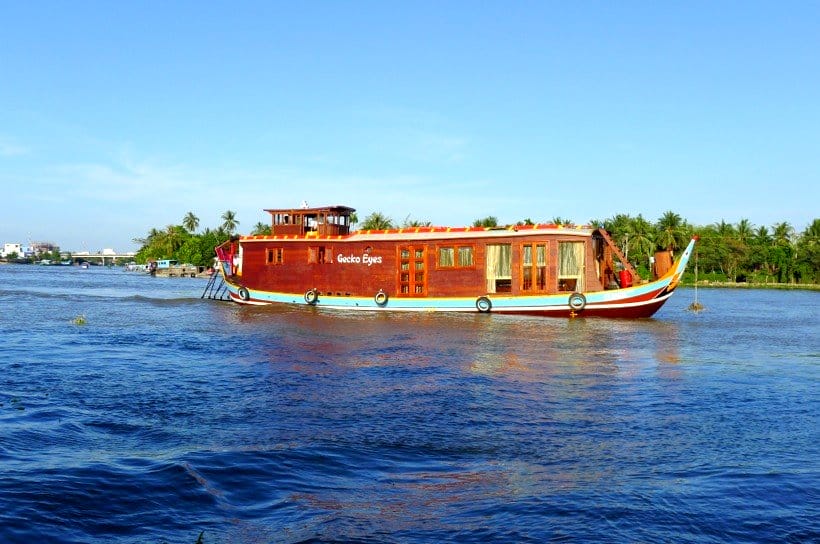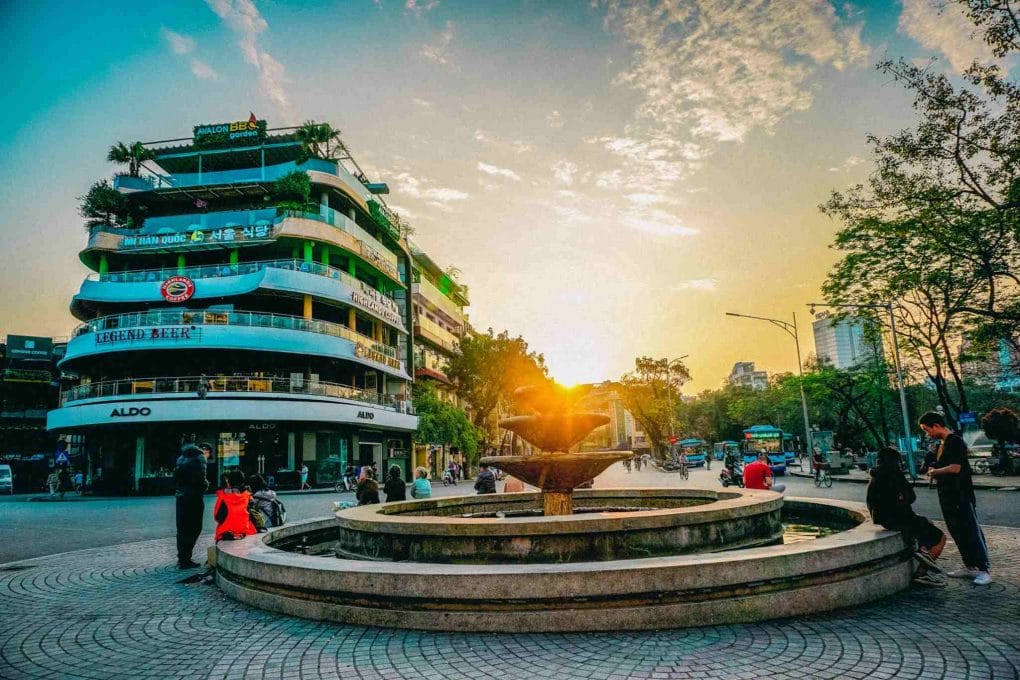The Mekong River, spanning several countries in Southeast Asia, plays an indispensable role in shaping Cambodia’s cultural identity. Beyond being a crucial natural resource, it acts as a cultural and spiritual lifeline. This article delves into why the Mekong River holds profound importance for Cambodia’s heritage, livelihood, and traditions.

1. Historical Significance: A Cradle of Cambodian Civilization
The Mekong has supported communities in Cambodia for centuries, serving as a foundation for ancient trade routes and agriculture. Settlements near the river have given rise to flourishing civilizations, including Angkor, whose grandeur was funded partly by agriculture reliant on the Mekong’s waters.
Connecting Siem Reap to Phnom Penh
The Mekong serves as an essential route today, with cruises from Siem Reap and siem reap to phnom penh boat tours offering travelers a journey through Cambodia’s cultural heart. These routes replicate ancient trading paths, reminding modern travelers of the historical role the river has played in uniting Cambodia’s provinces.
2. Agricultural and Economic Importance
The River as Cambodia’s Agricultural Lifeline
The Mekong’s seasonal floods create fertile plains, especially around Tonle Sap Lake, crucial for rice cultivation. Cambodia’s agrarian society heavily relies on the river for irrigation, fishing, and rice farming.
Visitors on siem reap cruises often witness how the rural communities remain intertwined with the Mekong, using traditional farming methods passed down through generations.
Fishing Traditions on the Mekong
The river offers rich biodiversity, providing fish not only for local consumption but also for trade. Many cruises out of Siem Reap include excursions that showcase fishing villages, where travelers can see fish traps and meet local fishermen engaged in sustainable fishing practices.
3. Spiritual Significance and Rituals
Our Best Selling Tours:
Cambodia’s spiritual traditions are deeply linked to the Mekong. The river is regarded as sacred, with many festivals held along its banks, such as the Bon Om Touk (Water Festival). This annual event celebrates the reversal of the Tonle Sap River, marking the start of fishing season and invoking blessings for bountiful harvests.
Exploring the Mekong from Phnom Penh to Siem Reap allows visitors to experience firsthand the blend of Buddhist rituals, traditional beliefs, and water-based festivities that celebrate the river’s spiritual role.
4. Mekong-Inspired Arts and Architecture
The Mekong’s influence is also seen in Cambodia’s arts and architecture. Sculptures of river deities and carvings depicting fish and boats adorn the walls of Angkor temples. Local artisans craft woodwork, pottery, and paintings inspired by the rhythms of the river, which are often sold in markets visited by travelers on siem reap cruises.
5. Modern-Day Travel and Cultural Exchange
The river plays a role in modern tourism by facilitating cultural exchange. Mekong explore Phnom Penh to Siem Reap cruises provide a slow and immersive way for tourists to connect with Cambodia’s heritage. These tours not only introduce visitors to the scenic beauty but also foster an appreciation for Cambodia’s history and traditions.
Many travelers opt for luxury cruises from Siem Reap, which include stops at local villages, allowing interactions that offer a glimpse into Cambodia’s living culture.
FAQs: People Also Ask About Mekong River in Cambodia
What makes a cruise from Siem Reap to Phnom Penh special?
A cruise from Siem Reap to Phnom Penh takes travelers along the Mekong River and Tonle Sap, offering scenic views, temple visits, and immersive experiences in fishing villages.
When is the best time to explore the Mekong River?
The best time is during the dry season (November to April), which offers cooler temperatures and lower water levels, perfect for boat cruises along the Mekong.
What activities are included on a Siem Reap cruise?
Activities may include village visits, temple tours, cooking classes, and cultural performances onboard. Some cruises also offer wellness programs such as yoga and spa treatments.
How long is the boat journey from Siem Reap to Phnom Penh?
The journey typically takes 3-5 days, depending on the number of stops along the route.
Can you visit Tonle Sap on a Siem Reap cruise?
Yes, many cruises include a visit to Tonle Sap Lake, where travelers can explore floating villages and experience local fishing traditions.
Experience the essence of Cambodia’s culture and history by booking a Mekong river cruise from Phnom Penh to Siem Reap. Sail through scenic landscapes and discover ancient traditions along the way.














